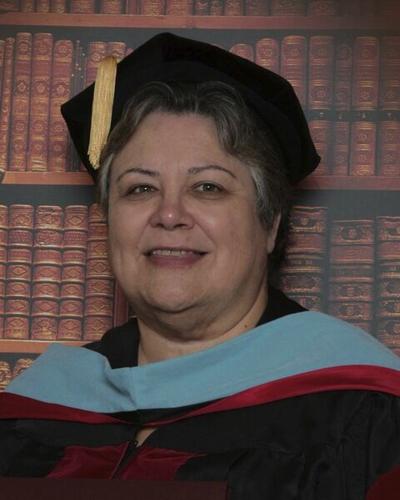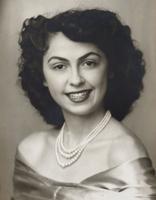As caretakers of children, family and community, it was natural that women were the nurses, the caregivers, as human society evolved. The home, in fact, was the center of health care, until English nurse Florence Nightingale laid the foundations for professional nursing.
In America after the Civil War, health care was a segregated profession as a result of Jim Crow laws. Many hospitals were segregated by race, and many more maintained separate wings that could never intermingle under threat of law. The deficit of trained black medical professionals meant that black patients received subpar health care services, when compared to that of whites. Opaline Wadkins would be instrumental in revolutionizing black nursing in Oklahoma.
Opaline Deveraux was born in March 1912 in Carthage, Texas. She came to Oklahoma in 1938 to work for the Department of Public Health. As a registered nurse, she began to recruit black nurses. She soon married educator Bert Wadkins. She and the Oklahoma Negro Medical Society lobbied University Hospital to admit African Americans. In 1945, the first hospital in Oklahoma City to treat black patients was established at the University Hospital South Ward.
In 1948, nursing supervisor Wadkins was granted a pay raise, and by 1949, she was the organizer of the first training program for African American nurses in Oklahoma City, training over 200 LPNs between 1949 and 1953.
Wadkins was also the first African American to earn a master’s degree in public health from the University of Oklahoma. In the 1950s, she became instrumental in desegregating the University of Oklahoma’s College of Nursing in order to train African American nurses. She later also established the Langston University School of Nursing.
She recognized the need to provide health services to Native American Oklahomans as well and developed a health program and well-baby care initiative for them in southwestern Oklahoma. It was the first pediatric service for Native American infants and effectively decreased infant mortality by 50%. She also instituted health and diabetic clinics for African American patients through Oklahoma City’s black churches. In the 1970s, she developed a prenatal clinic for teenage mothers, naming it the “Stork’s Nest.” This program also expanded to Missouri, Kansas and Colorado.
When Wadkins retired in 1976, then-Governor David Boren declared Nov. 14 as Opaline Wadkins Day. She was also honored by a citation from the Veterans Administration Hospital Nursing Service. She would receive many accolades for her years of service. In 1987, she was honored by the Oklahoma Public Health Association. She was inducted into the Oklahoma Women’s Hall of Fame in 1993. The Oklahoma City-Norman Chapter of the University of Oklahoma Black Alumni Society granted her their Trail Blazer award in 2000. Wadkins died in April 2000 at age 88 in Oklahoma City.
The profession of nursing is stronger, wiser, and more powerful because of our black heritage. Nurses like Opaline Wadkins who dared to break through cultural norms to offer care to their communities not only improved the lives of those around her, but the profession of nursing as a whole.


















Commented
Sorry, there are no recent results for popular commented articles.